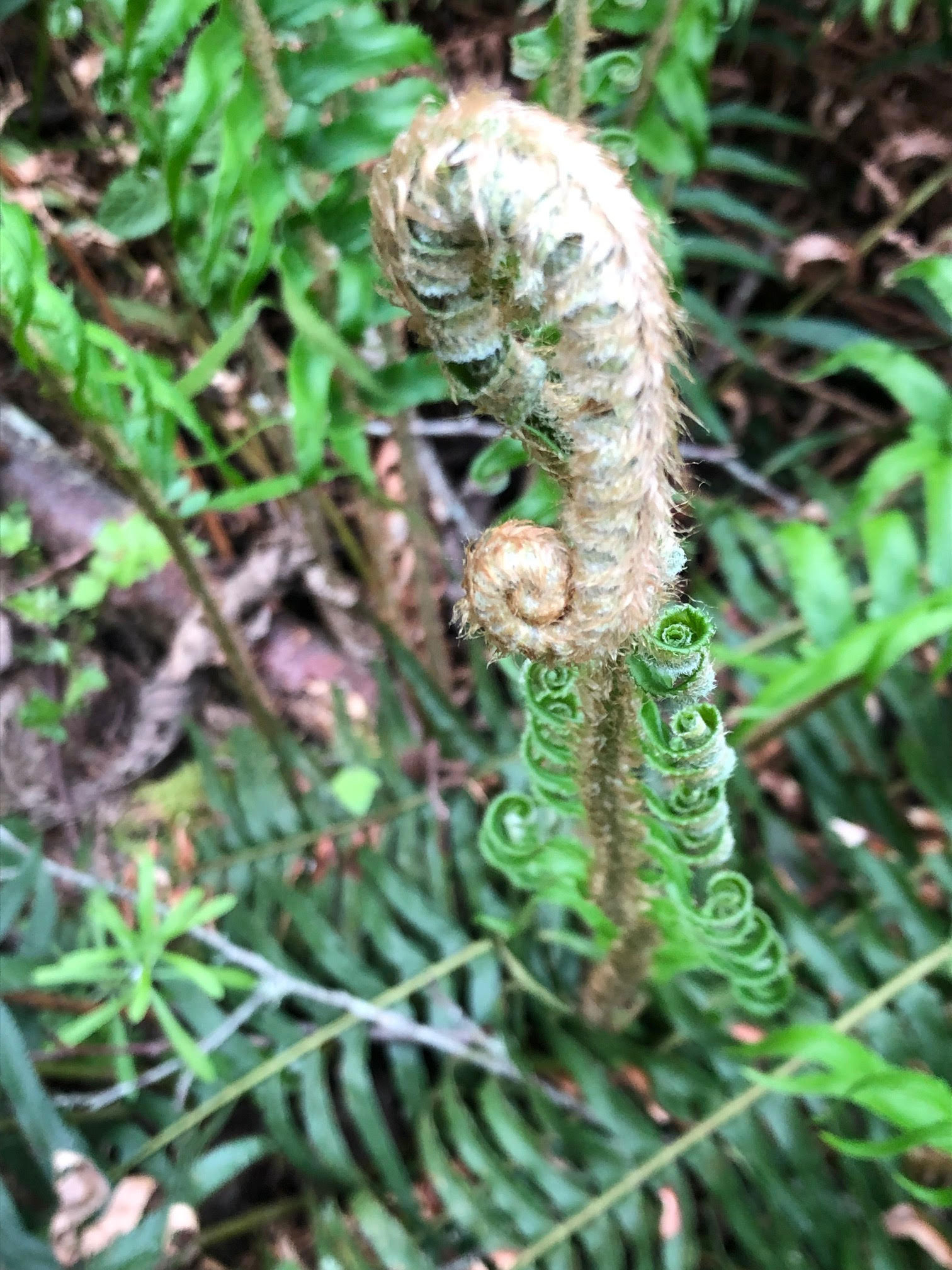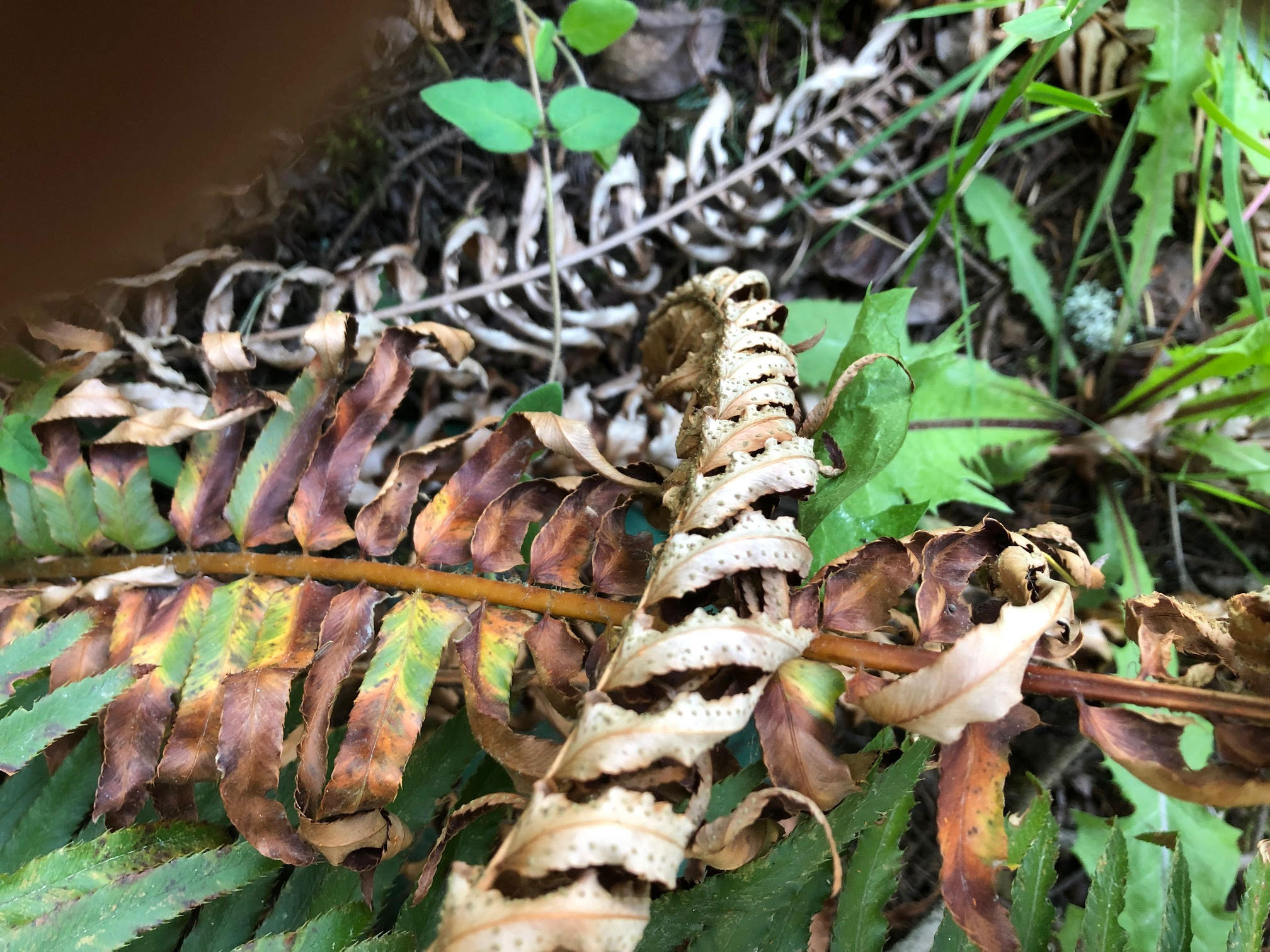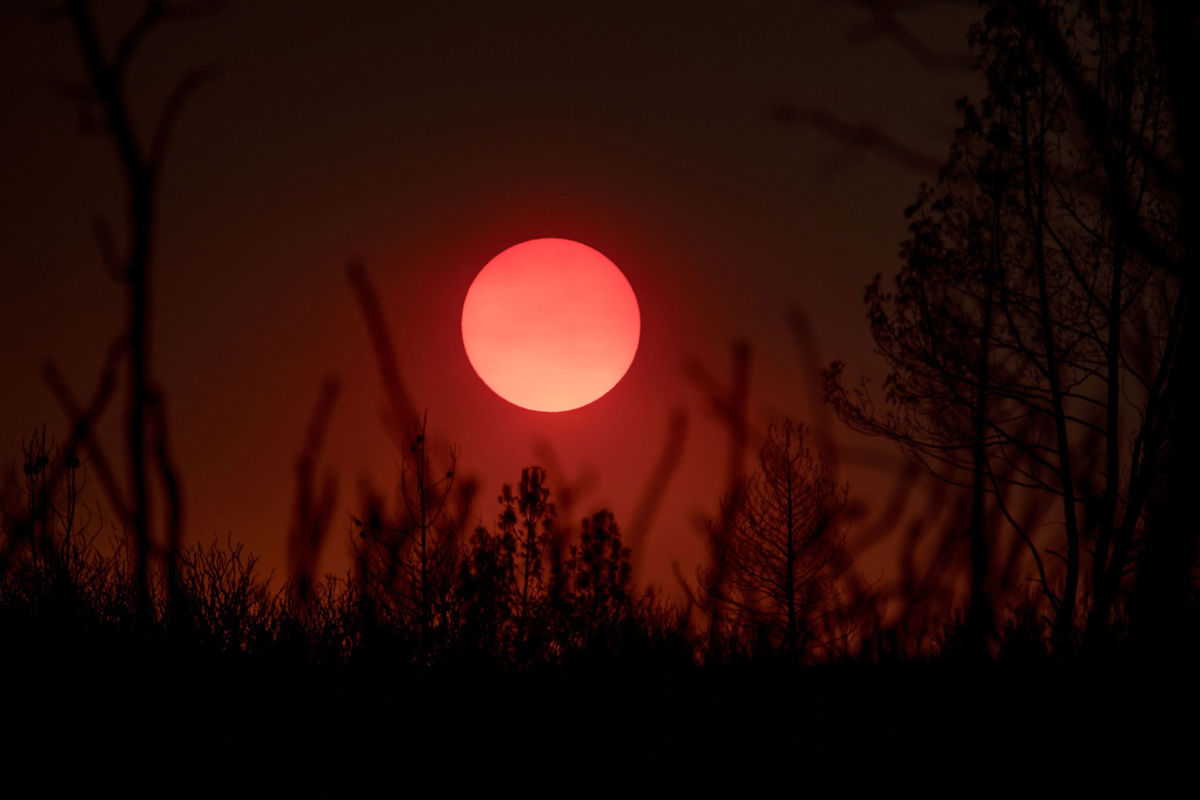Part of the Series
How Then Shall We Live?
Support justice-driven, accurate and transparent news — make a quick donation to Truthout today!
At this critical planetary moment, the two of us are each considering what it means to deeply accept that our planetary home is in crisis — and how to move forward. Here are some of our individual reflections.
On Life After Death: Dahr
From 1996 until 2003 I climbed in Alaska’s mountains as a religion. My entire life revolved around training for, preparing around, and engaging in climbing trips and expeditions around Alaska’s mountains, the high volcanoes of Mexico, the Andes of South America and the Himalaya.
During all those trips, I’d never fallen into a crevasse, despite having spent months of my life traveling across them en route to climbs. I’d even run crevasse rescue seminars in the Alaska Range, dutifully teaching others the tools they’d need for when they, or one of their rope-mates, punched through a snow bridge. Finally, it was my turn to take a fall, and I did so in style.
During a trip in the Chugach Range of Alaska during April 2003, I punched through a fragile snow bridge I didn’t even know I was crossing, and fell into the depths. Call it fate, physics or just dumb luck: As I fell I dragged my rope mate, who was struggling to check my fall, across the surface of the glacier to just six inches from the edge of the crevasse until the rope, having cut through the lip of the ice, pulled vertically rather than horizontally, and the weight of his body stopped my – or our – fall.
Two hours later, he and our two other climbing mates managed to, very carefully, pull me, in a mild state of hypothermia, from the seemingly bottomless hole over which I’d hung. Once again atop the glacier, and acutely aware of how close I’d come to my death, everything had changed.
The ruddy red alpenglow of the peaks in the setting sun, the wispy snow blowing off a nearby ridge, the smiles of my climbing partners, my boots atop firm ice and snow — every bit of it a gift. Deep gratitude for all of it was conveyed in the tears that streamed down my face as I howled and cried aloud and hugged each of them for saving my life.
Near-death experiences, when we are aware of them, have this effect.
So what about now, on a planetary scale? For decades the corporate-capitalist settler-colonial industrial growth project has dragged all of Earth’s species toward the gaping and bottomless abyss of extinction. Do we still have a few feet to go before falling in? Or are we already in freefall?
Nearly a decade of researching and writing stories about the climate crisis, and finishing my latest book, have me believing we are indeed in freefall. It seems highly unlikely that the people of this planet will effectively rise up and overthrow their mostly corporate and authoritarian leadership, take control of the levers of power and steer us through the 180 degree turn necessary to shave a degree or two off the impending worst-case temperature projections that are highly likely to pull most of life on Earth into the bottomless chasm.
Yet here we are. Glaciers, wondrous species, Douglas Fir, Hemlock, coral reefs (at least in a few places) and so much more remain. Future generations are being born every day.
A new cosmology is needed to accept the likelihood of our own demise, along with the looming death of vast swaths of the biosphere upon which we depend and are part of. While these fates are not guaranteed, dark times are upon us, with darker yet approaching rapidly.
This reality must be seen, felt, assimilated, to allow a new philosophy and accompanying perspective to come into focus.
For me, each day I look up into the nearby Olympic Mountains standing above my home and see the snowpack still there from the winter, and the life it brings to everything it touches, I am grateful. For all the life in the mountains which depends upon it, I am grateful. For the water that snowpack brings down to those of us with gardens, I am grateful.
With this gratitude, the motivation to continue to do my work, and to continue to learn to tread more lightly on the Earth and come into deeper communion with it, intensifies. And my willingness to take ever-greater risks to protect what is left, and stand with the future generations walking out of their schools in protest, grows.
For me, now, today, it comes down to this: Each day, how can I best serve the Earth?
On “Fixing” vs. Acceptance: Barbara
One can serve the Earth motivated by an urgent determination to fix the crisis at hand, or one can serve the Earth motivated by the imperative of love. In both cases the actions taken could look similar, but each carries a distinct impact, and produces a vastly different personal experience.
In the fixing domain, people pay attention to data that supports solutions. Hope springs from tenuous arguments in favor of geo-engineering, faith in new leadership in Congress or direct action aimed at toppling corporations — all worthy goals. I just attended an Earth Repair conference where in-fighting broke out between advocates of well-intended fixes. Sincere lobbying for one’s fix can sometimes reflect strong intellectual conviction, single-minded logic and a propensity to polarization — all floating on underlying desperation and fear of an uncertain and dismal future. While concrete steps are important to forestall an even worse catastrophe, the mindset of “fixing” can produce dead ends.
On the other hand, the domain of acceptance opens to those who look courageously at the science of climate chaos. Dahr describes how the cumulative effect of human choices has set an irreversible course leading to widespread near-term collapse, although there may be steps we can take to mitigate the extent of the catastrophe. Hence the need for acceptance of what is so, as profoundly difficult that that is. The implications rip open the heart. The impulse to activism may temporarily slow down as the heart takes the lead. It takes time to comprehend and digest the profound losses at hand. As the intensity and pace quicken around us, we are being asked to dwell here long enough for deeply rooted assumptions about life’s continuity to transmute. Listening for direction and waiting for renewed meaning are acts of devotion. The pathway through will not come as a brilliant panacea. My job now is tending the hearth on the far side of despair.
In the “fixing” territory we find the concept of Green Growth. Built into an improved growth model are ways to continue some lifestyles that secure identity, control, material comfort and any form of privilege one has been granted.
For those brave enough to walk into the realm of acceptance, the illusion of human superiority erodes. No longer the apex of creation, we are now required to find our place in the web of life. In the Applegate Valley in Oregon, wildlife biologist Jacob Shockey is bowing to the beavers who know best how to repair the flooding watersheds. Beavers trump the clever engineers. Stopped in our tracks, humbled, perceptions originating in keen observation and openness of heart lead to unfamiliar patterns of thought and a fresh (yet ancient) feeling for the world. I now recognize the Earth as a sacred place, filled with trees and birds and rocks and clouds and wind that are all alive and communicating.
When fixing fails, we often flip into survival mode; producing one’s own food may seem a good strategy.
In the spirit of acceptance Dahr and I, too, are moved to grow vegetables, but not just for the food supply. I go to the garden for my relationship to the seeds and for the love of composting. I go to give thanks for all that has given me sustenance, clothes, medicine and shelter. I go to give back to this Earth in equal measure, restoring a reciprocity that is truly sustainable. It is a great pleasure to share our abundance with neighbors and the community food bank, to find meaning in the quality of connection and care in the precious time we have now.
On Acceptance: Dahr
Recently, I received an email from Karen Wang Diggs, a nutritionist and chef based in San Francisco. Karen’s experience provides an eloquent example of one person’s pathway to acceptance.
In the subject line of her email, she wrote, “My Death.” While I assumed she meant it as her pondering her own impermanence as a Buddhist practice, I wrote her back to double check, just to be on the safe side.
What she wrote back was, in essence, a beautiful articulation of someone coming out of the darkness and into acceptance of the gravity of our situation, simultaneous to giving oneself over completely to living life as though there really may not be a tomorrow:
I actually finished your book on a Sunday. I had to take the entire day to read, as it was hard to fully comprehend the gravity of your words.
I had to drink a cup of tea; walk away; then a glass of wine; then a cigar; deep breathing, then back to tea, and some meditation before I could face the last page.
The reason I did that is so I could embody the situation rather than have it be an analytical exercise.
I needed to understand the dying of Earth with my heart.
And to answer your question on my ‘death’ plan…
I’ve been taught by so many Buddhist teachers that this life is impermanent, and that we should live each moment with grace.
Yet, after many years on the cushion, I was still not able to live that process.
Your book has done the job. Sadly, it has taken climate catastrophe to wake me up.
Now, it is time to be diligent and remind myself constantly that our existence is finite and that in the coming few years, there will be much more pain and devastation than even now, as fires burn and cyclones flood entire countries.
I plan to wake up each day doing my best for family, friends, and community.
I am taking more time to go into Nature. Hiking, and taking a few wilderness survival classes, not that I am a “survivalist”; but so that I can appreciate our beautiful and nurturing Earth. She gives us everything we need.
Who knows what state I will be in five years, but whatever it may be, at least I would have tried to do some good.
In gratitude,
Karen
The pilgrimage the writing of my latest book took me on was a private passage for me into the realm of acceptance. But I know that, all around me, others are embarking on this private passage as well. Karen is one of just a handful of people I’ve met in recent years who has also accepted the gravity of these times into her heart.
On Loneliness: Barbara
It is springtime on the Olympic Peninsula where we live, rife with exuberant eruption of buttercups, mating songs ringing through the trees, newly born fauns wobbling their way into the world. I am stunned by millions of ferns in tight spirals suddenly unfurling out of seeming nowhere. I note how I love the unfolding—and I can also cast forward to the poignancy and background sadness I feel in the fall, when it all dries up and life “enfolds” back into the invisible world.
That same autumnal sadness is close to the surface now, knowing that the great exuberance of spring sits in the backdrop of the recent report of over a million species that are now heading towards extinction. Extinction of this proportion is massive. The sadness registers in me as a sense of being lost, of a hollowness and most intensely as loneliness. I found a way to understand this loneliness more deeply, in the words of Chief Seattle, a 19th century Suquamish and Duwamish leader: “What is man without the beasts? For if all the beasts were gone, man would die of a great loneliness of the spirit.”
Chief Seattle’s words are somehow relieving for me, allowing me to rest in the great loneliness he describes. It somehow becomes more bearable. Perhaps this acceptance is, in itself, a holy act of the heart. What an intimate gift, to stand on this ground with friends who are likewise arriving here. Here is solid ground for the work of these times. A worthy starting place.
In my excitement about spring I took photos of the ferns bursting forth. I realized how much I favored the birth of new life over the passing away of the same species. So I went back out into the woods and loved the dried-up fronds, too. Here was an act of acceptance, including the cycles of death. I belong to both the birthing and the dying.


The work of these times is not about saving the world but in belonging to it more fully.
A terrifying moment. We appeal for your support.
In the last weeks, we have witnessed an authoritarian assault on communities in Minnesota and across the nation.
The need for truthful, grassroots reporting is urgent at this cataclysmic historical moment. Yet, Trump-aligned billionaires and other allies have taken over many legacy media outlets — the culmination of a decades-long campaign to place control of the narrative into the hands of the political right.
We refuse to let Trump’s blatant propaganda machine go unchecked. Untethered to corporate ownership or advertisers, Truthout remains fearless in our reporting and our determination to use journalism as a tool for justice.
But we need your help just to fund our basic expenses. Over 80 percent of Truthout’s funding comes from small individual donations from our community of readers, and over a third of our total budget is supported by recurring monthly donors.
Truthout has launched a fundraiser, and we have a goal to add 280 new monthly donors in the next 72 hours. Whether you can make a small monthly donation or a larger one-time gift, Truthout only works with your support.
